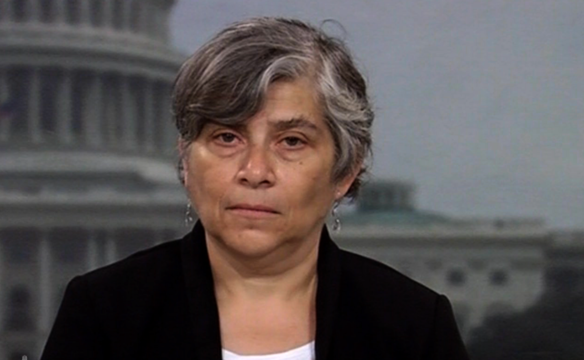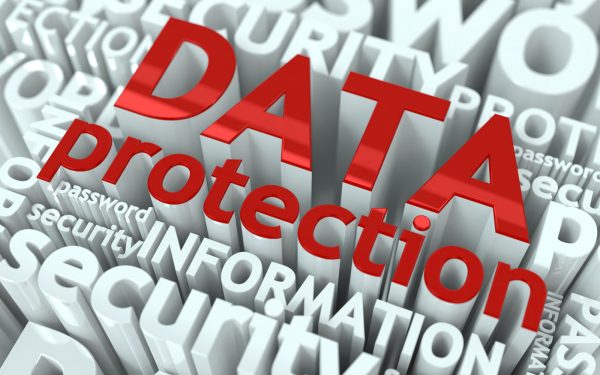|
July, 2012 Tech and Law Center interviews Susan Landau, who studies the interplay between privacy, cybersecurity and public policy. She has briefed the US Congress on a variety of issues, including digital rights management and security and privacy of digital identity systems. She is currently a visiting scholar at Harvard University. For more details on her bio and work, click here. In your last publication, “Surveillance or Security”, you argue that the line to draw is not between surveillance and civil liberties but between surveillance and security. Which are the consequences of this approach?
You also wrote that “Cryptography is no silver bullet”. It provides security only for the communications content but not for the transactional information. In Europe it is a topic that has been discussed a lot following the Data Retention Directive and the German unconstitutionality decision. What is your point of view on this type of legislation?
During the 2011 hearing on “Going Dark: Lawful Electronic Surveillance in the Face of New Technologies”, you stated that a major national security problem facing the United States is cyber exploitation. Can you please explain us the implications of your statement?
Regarding the recent UK plan to monitor UK internet and phone traffic, and decode encrypted messages, including Facebook and GMail messages, which do you think it should be the reaction of the citizens and is there any space for dialogue on these issues at the policy level?
In the United States v. Antoine Jones, the Supreme Court made an extremely important decision, unanimously determining that installing a GPS-tracking device to a suspect’s car constitutes a search and thus requires a warrant: what about the issue of data accumulated by third parties (like Google, Amazon, Facebook, etc)?
The surveillance experts at the National Security Agency won’t tell two powerful United States Senators how many Americans have had their communications picked up by the agency as part of its sweeping new counterterrorism powers. Do you think oversight of intelligence collection should be tighten up?
Bolivian custom officers will have to carry special pens, with a hidden micro-camera and voice recorder, as part of a government initiative to tackle corruption: do you think there is a constructive way to use technology in order to curb crime without heavily affecting basic human rights?
We recently held an event with Prof. Alessandro Acquisti on the current aspects of privacy. One of his interesting works (http://www.heinz.cmu.edu/~acquisti/face-recognition-study-FAQ/) is dealing with face recognition systems applied to social networks. What do you think on this type of technology and the possible risks posed by its misuse? Especially in case it might be connected to CCTV in order to allow almost real time identification of recorded people?
In a ever more “cloudy” world in Europe Data Protection Authority regulates privacy issues through an EU directive on investigations (http://eur-lex.europa.eu/LexUriServ/LexUriServ.do?uri=COM:2012:0010:FIN:EN:PDF); in the US the Patriot Act is a law provision against terrorism which allow to obtain information even outside US jurisdiction. Which are the consequences of these two different approaches?
|
|

Susan Landau
Inspiring websites
- Non Gamstop Casinos UK
- Migliori Bonus Casino
- Casino Not On Gamstop
- Casino Not On Gamstop
- Casino Online Deutschland
- Best Non Gamstop Casinos
- Non Gamstop Casino UK
- Non Gamstop Casino Sites UK
- Casino Français En Ligne
- Sites Not On Gamstop
- Best Non Gamstop Casinos
- UK Casino Not On Gamstop
- Casino Sites Not On Gamstop
- Lista Casino Online Non Aams
- Gambling Sites Not On Gamstop
- Non Gamstop Casino Sites UK
- Non Gamstop Casino UK
- UK Casinos Not On Gamstop
- Top Slot Sites 2025
- UK Casino Not On Gamstop
- Casino Sites Not On Gamstop
- Casino En Ligne
- Non Gamstop Casino
- Non Gamstop Casino UK
- Casino Online Migliori
- Bitcoin Casinos
- Meilleur Casino En Ligne Français
- Sites De Paris Sportifs Belgique
- Casino Non Aams
- Casino En Ligne Fiable
- KYC 절차 없는 온라인 카지노
- 稼げるカジノアプリ
- Nouveau Casino Francais En Ligne
- Scommesse In Crypto
- Casino Senza Richiesta Documenti
- Nouveau Casino En Ligne 2026
- Casino En Ligne Francais
- Meilleure Casino En Ligne
- Casino Français Crypto


